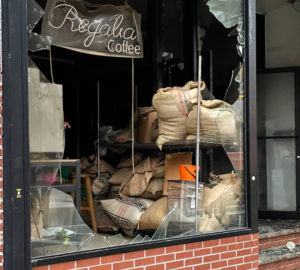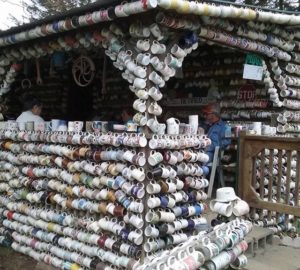
The list of issues plaguing coffee farms is not short. Drought, global warming, low prices, the devastating (and possibly evolving) leaf rust—the number of issues affecting production seem never ending. But a new study by the Arctic and Mountain Regions Development Institute (AMRDI) suggests that besides issues affecting crop growth, coffee farms may also have serious problems with sexual violence.
The report is the first of AMRDI’s four-part #CoffeeLives program, an initiative “to better determine persistent barriers to health, well-being and climate resilience of coffee farmers under conditions of climate change.”
For the study, researchers at AMRDI visited coffee farms in the Matagalpa and Jinotega departments of Nicaragua and spoke 52 laborers (24 women and 28 men). They found that 25% of women interviewed stated they have been victims of sexual assault. Additionally, 25% of the men said they had been sexually assaulted. The report believes that these numbers are low:
The report states that the effects of “negative maternal health outcomes,” like “infant and child mortality, low birth weight, and adolescent and unwanted pregnancy,” and “negative mental health outcomes,” including chronic mental illness, including post-traumatic stress disorder, substance abuse, feelings of shame, isolation, entrapment, and emotional distress.”
The AMRDI suggests sexual assault awareness intervention programs but notes that studies haven’t been performed on the efficacies of such programs in rural Central America. They go on to recommend a “culturally-relevant design and implementation of a sexual assault awareness and trauma counseling intervention among a segment of coffee producers in Nicaragua, conducted in concert with regular participant feedback and participatory impact assessments.”
For the long-term sustainability of coffee farms, physical and mental health of farmers and laborers is as important as crop health. For more information about the study or the #CoffeeLives program, visit AMDRI’s website.
Zac Cadwalader is the news editor at Sprudge Media Network.
*top image via the Arctic and Mountain Regions Development Institute.
































